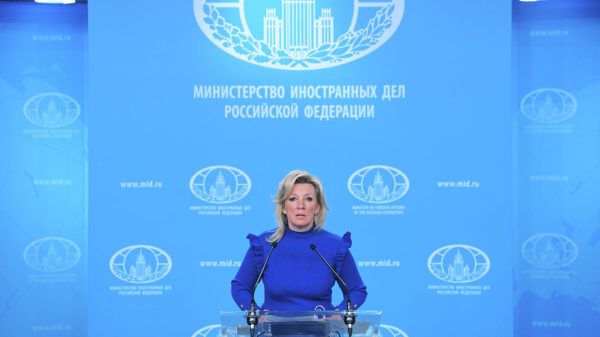 Rolls-Royce is developing designs based on the reactors it makes for nuclear submarines. Photo: Rolls-Royce
Rolls-Royce is developing designs based on the reactors it makes for nuclear submarines. Photo: Rolls-Royce
Rolls-Royce and France's EDF are on the short list of nuclear energy companies vying for government support for their small modular reactor (SMR) projects.
Six companies will advance to the next round of the competition, which will see them bid for contracts to build demonstration power plants.
Winners of the bids, with an unconfirmed number of contracts available, will be announced in the spring, the government said on Monday.
They are expected to deploy the first so-called mini-nukes in the 2030s.
Rolls-Royce, a British engineer developing reactor-based designs for nuclear submarines, and NuScale Power, a US startup whose designs have been approved by US regulators. among applicants for contracts.
The remaining contenders are France's EDF, which already operates nuclear power stations in the UK including Sizewell B and Heysham 1 and 2, GE-Hitachi Nuclear Energy, Holtec Britain and Westinghouse.
The shortlist will be considered significant step forward. for Rolls, which sells SMR to potential customers around the world.
Is nuclear power environmentally friendly?
Many potential customers have said they are reluctant to commit until the UK government itself supports the technology.
Chris Cholerton, chief executive of Rolls-Royce's SMR division, said: “Securing a domestic contract is vital to unlocking the huge global export potential of our clean energy technologies.»
Rolls wants to sell SMRs, which will have a capacity of 470 megawatts each and cost around £2 billion.
By comparison, Hinkley Point C's maximum capacity would be around 3.3 gigawatts and, when adjusted for inflation, could cost more than £30 billion.
p>
Under the UK's energy security strategy, ministers want so that by 2050 nuclear energy will provide a quarter of the country's electricity supply.
However, with all but one and only one of the UK's existing nuclear reactors decommissioned this decade, Hinkley Point C, which is currently under construction, will require the construction of a new generation of power stations.
The large-scale Sizewell C project in Suffolk is one of the schemes being promoted by the government, but SMRs are seen as attractive to both ministers and businesses as they are expected to be faster, easier and cheaper to build.
Likely , they will be partially assembled in factories using identical components produced on a large scale to reduce costs.
The Rise and Fall of Britain's Nuclear Power
Gwen Parry-Jones, chief executive of Great British Nuclear, the government body set up to propose sites for new nuclear power stations, said: «[Monday's] announcement is a key step forward in achieving the government's development target nuclear power in this country.
“Our priority in this process has been to prioritize a reliable and resilient energy supply to the grid early on, and that is why we have focused our first move on the technologies that we believe are most likely to meet the target of the final investment decision in 2029.” < /p>
“This is a hugely exciting day for the nuclear industry as six companies take the first step towards delivering sustainable energy in Britain.”
Claire Coutinho, Energy Security Secretary, added: “Small modular The reactors will help the UK rapidly expand nuclear power and provide cheaper, cleaner and safer energy for British families and businesses, create well-paid, highly skilled jobs and boost the economy.»
«This competition has attracted projects from around the world and places the UK at the forefront of the global race to develop this exciting, cutting-edge technology and strengthen our position as a world leader in nuclear innovation.»
For companies not shortlisted, the government will consult on «alternative routes entering the market.»


























































Свежие комментарии